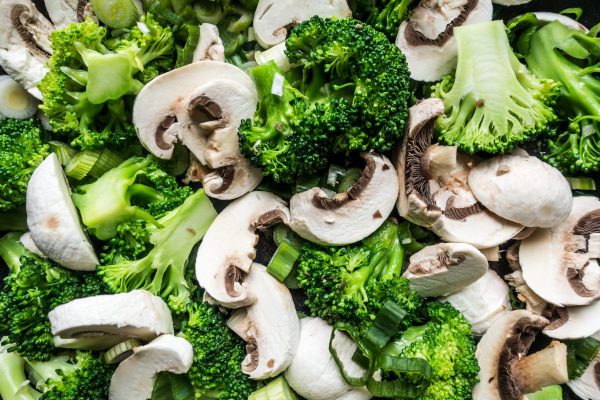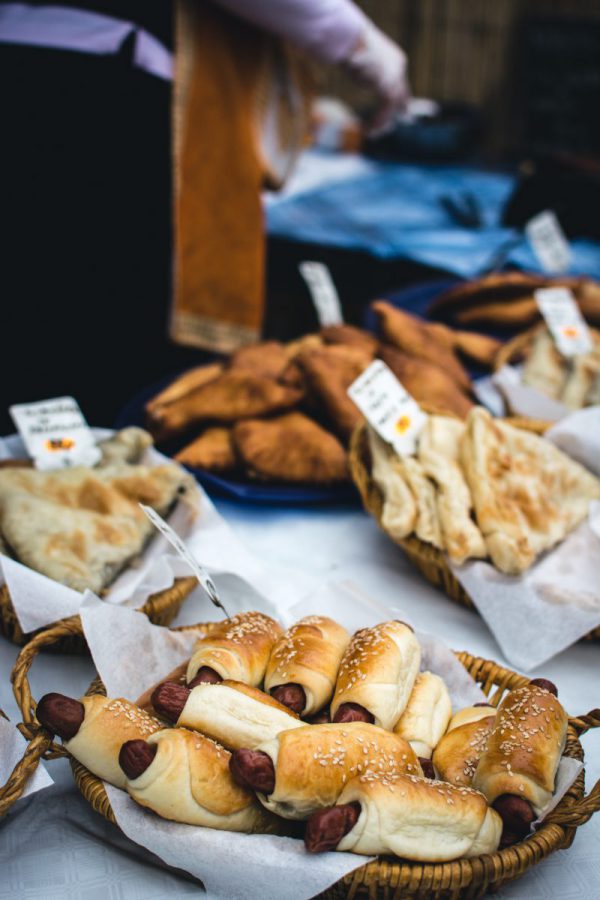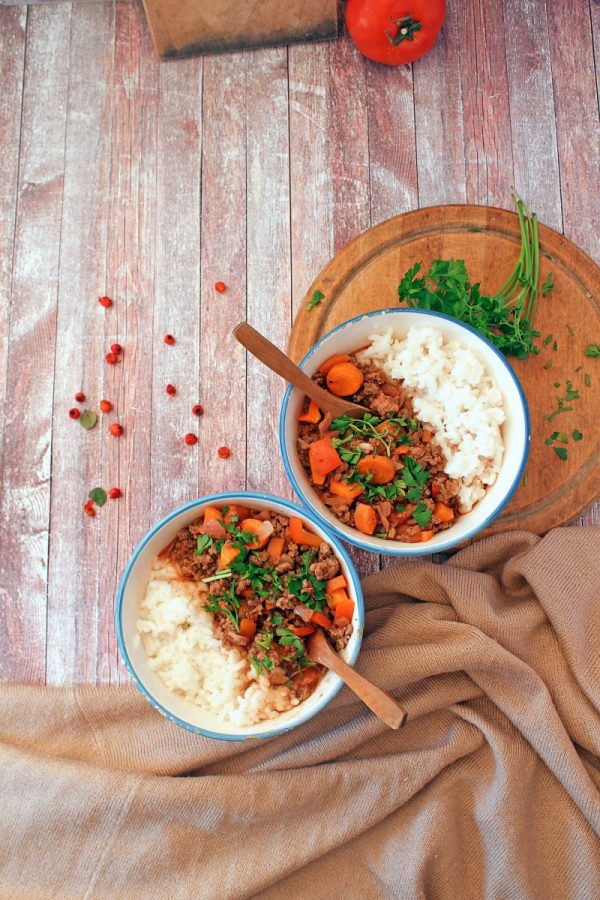Ingredients
"Haggis, "The great Chieftain of the pudding' race", as Robert Burns, described it, is indeed a toothsome morsel and it is a great pity that many English people look upon it as more a Scottish joke than a good Scottish dish. However since Haggis is made from the stomach, lungs and other internals of a sheep it is a rather gruesome sight during certain stages of its cooking, as anyone who has witnessed the process will agree. The lung must be first be heating in a pan of hot water with the trachea hanging over the side to allow any blood and froth to escape and the stomach bag must be cleaned and scraped very thoroughly before it is used. I must say from experience that it takes needs a fairly robust stomach to first prepare and then eat it. If you can buy prepared haggis I do strongly recommend you to try it. All you need to do is slice it and fry it in a lightly greased frying pan. If you cannot buy ready-made haggis, then the following is tasty substitute.." Boil the liver for five minutes. Drain and put aside to cool. Toast the oatmeal in a dry frying pan or in the oven until it begins to turn a pale brown. Peel and mince the onions and the liver. Mix all the ingredients with the seasoning and stir in some of the water in which the liver has been boiled. The mixture should be thoroughly moist but not wet. Have ready a greased basin large enough to give the mixture room to swell. Cover with greaseproof paper and a cloth and boil or steam for three hours. The traditional way to serve haggis is with mashed potatoes and turnips "tatties and neeps", as they are called in Scotland and to give the meal a truly Scottish flavour you should serve a glass of whiskey along with it. I like to let the mock haggis go cold and then slice it and heat it through in a frying pan (without fat) until golden brown on both sides. This way it is very good with poached eggs and even with chips. Note: if your mince looks to be on the fatty side, then cut down the quantity of suet to 4 oz (100grams). SOURCE:_ Lillian Beckwith's Herbidean Cookbook_ by Lillian Beckwith, Lillian Beckwith an English writer, lived in the Hebrides as a crofter for 20 years. boile


